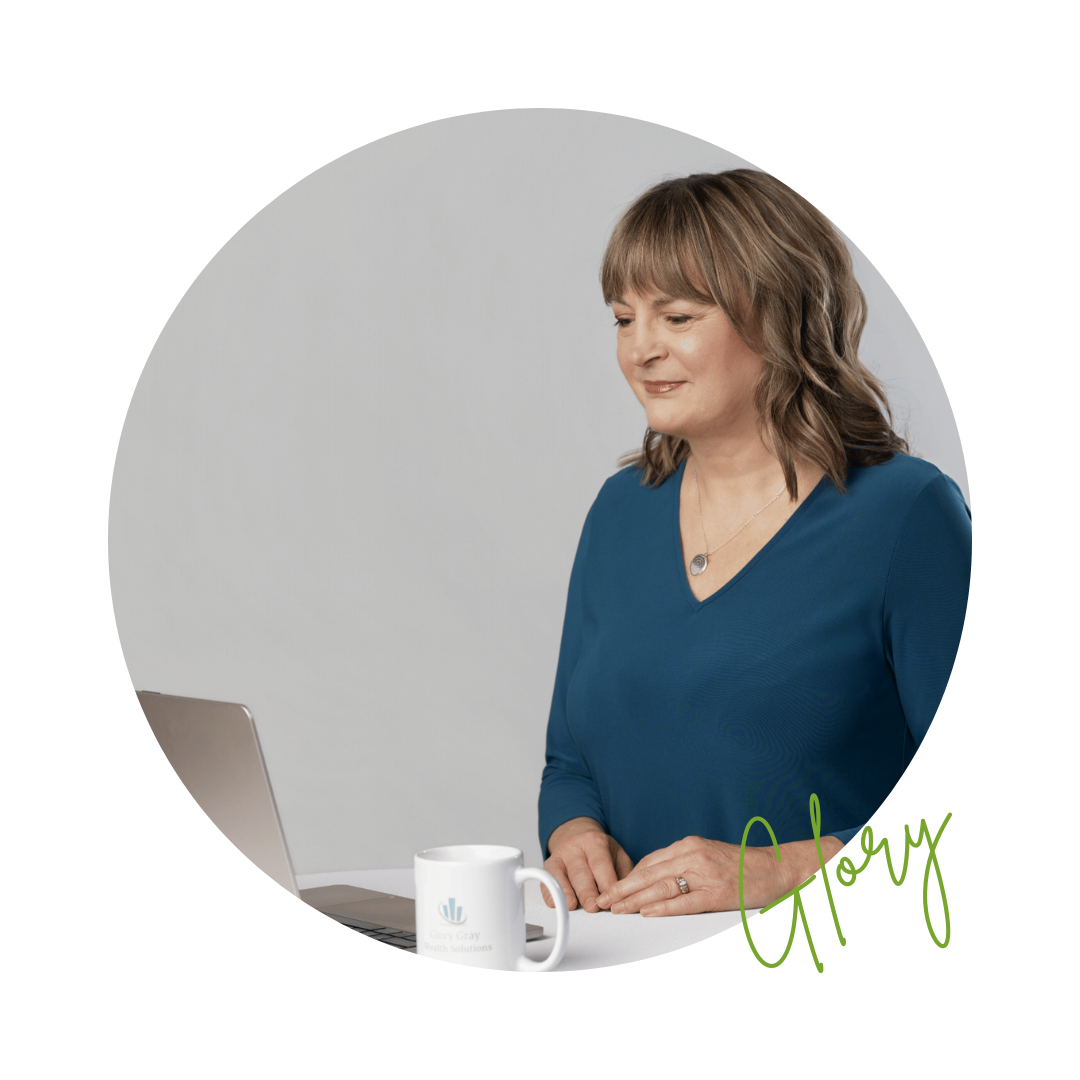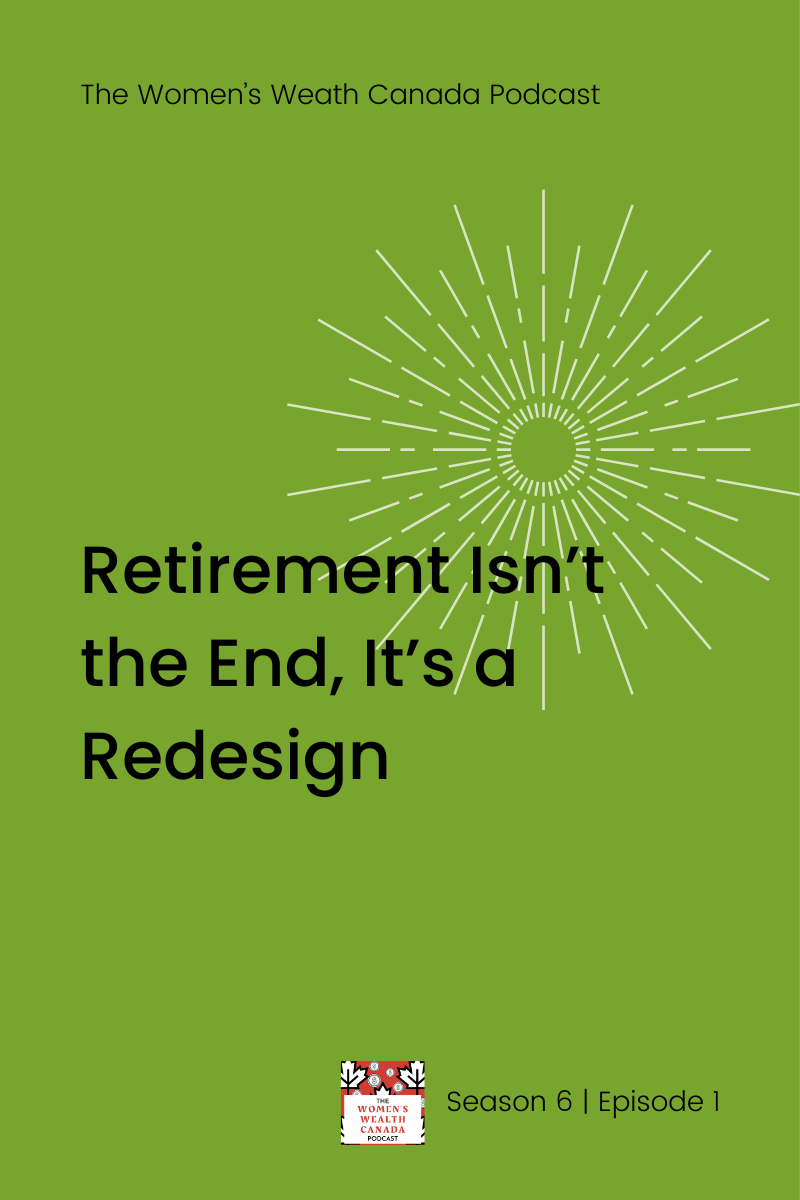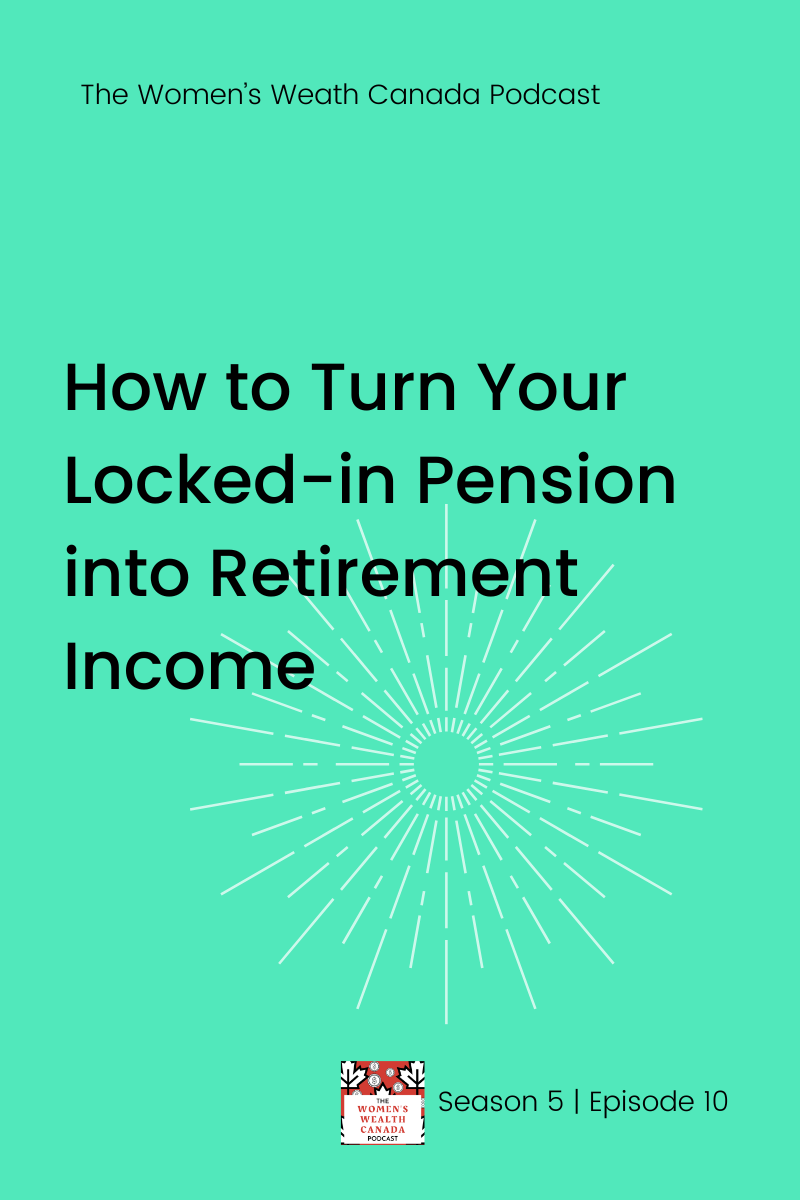Real Estate Riches
In this final episode of our A Girl Needs Cash series, we are exploring how to turn real estate into income!
As we approach retirement, generating income becomes a top priority. While the housing market can provide a viable source of income, it is important to remember that real estate is a long-term investment and no prices are guaranteed to increase.
To make a smart investment decision, it is crucial to create a checklist for examining purchase costs, hire experts for help with understanding market values, and identify problems in the house that may need renovations. Additionally, there are alternative sources of income such as reverse mortgages or investing in REITs.
In this blog post, we will explore these options and provide you with bonus ideas, such as websites to compare the cost of living in foreign countries, to help you plan your retirement and make informed decisions.
What’s Inside?
Prefer to Listen?Here’s the podcast episode!
Rather Read All About It?Today, we’re wrapping up our series called “A Girl Needs Cash.” We’ve been reviewing different streams of income you can create for yourself in retirement after you’re no longer receiving a regular pay cheque from your working years.
How Much Income Do I Need to Retire in Canada?
You’ll first need to know how much income you’ll need to create for yourself, so you may want to revisit my post, Mindful Spending Plans and the 4 percent Rule.
Once you know how much income you need, you can start creating your streams of income in a ‘building blocks’ fashion.
Your biggest blocks will be the first ones. These include pensions from your employer and government benefits, such as CPP and OAS. These will likely make up the majority of your income in retirement and they’re the most dependable. We talked about these here.
Then, we learned the ‘waterfall method’ of managing your retirement investment accounts. Those are accounts like RRSPs and TFSAs.
Next, we learned how you can fill in some of the gaps of your income needs with dividend income.
The last stream of income we’ll look at is real estate. We’ll discuss using the value of your own home, rental real estate, and some other sources of real estate riches.
Real Estate is ALWAYS a Good Investment (right?)
Real estate can be a good investment when held over a long period of time. However, real estate does not always go up in value from one year to the next. I have personal experience with this. In 2008, my husband and I saw the value of our home in the US drop by 50% over six months. Canada has not seen those kinds of jaw-dropping falls, thank goodness, but prices do go down. In the 1980’s, homes in Calgary dropped 30% between 1981 and 1985.
Many of you know that I live on Vancouver Island. Real estate prices here are high and generally more stable than the rest of Canada because we are the place many Canadians want to move to. But, even in Victoria, if you bought a house in 2010, by 2013 it was worth 5 percent less than what you paid for it. So, just be aware that real estate is a long game.
Why Use a Real Estate Agent?
If you’re contemplating investing in properties other than your home, you might consider fixing up a property and selling it for a profit or turning it into a rental property. In either case, having a team of experts is a wise decision.
You may want to start with a Real Estate agent who can help you find not only potential listed properties, but properties that aren’t listed, called ‘pocket’ or ‘exclusive’ listings.
Real Estate professionals can be invaluable in understanding market values, negotiating contracts and being aware of hidden gems…that one neglected property in a highly desirable neighbourhood that might bring you higher returns.
How do I calculate the ROI of a Real Estate Investment?
Unlike your own home, purchase decisions for real estate are all about return on investment. There are costs to holding real estate. Before you are put in the situation of having to make an offer on a property, have a system in place to help you make the decision.
Try creating a spreadsheet or simple checklist to help you. Begin with the purchase price and other acquisition costs, such as legal and real estate professional fees. To these, add a section for all the parts of a home that might need renovation or repair, including costs of paint, flooring, roofing, plumbing, electricity, etc. Add a section for costs to sell the house, such as legal and sales professional fees. Finally, subtract everything from your anticipated sale price.
When an opportunity comes, bring out your checklist and work backwards:
SALE PRICE
- selling costs
- renovation costs
- acquisition fees
- purchase price
= Gross Profit before income taxes
To make the profit you require, what costs will be incurred? The difference is the purchase price you’re willing to pay.
If the numbers don’t work, walk away.
Remember, if a property was purchased with the intent of selling it, earnings on the sale are generally taxed as regular income, not capital gains. Contact your tax advisor if you are considering purchasing a property to determine the after tax profit you’ll receive.
What is it like to be a Rental Property Landlord?
Being a landlord of a rental property can be a blessing or a nightmare. On the one hand, it’s great to get paid while you sleep. On the other hand, a bad tenant can cause you to lose a lot of sleep... and a lot of money. Again, having a team on your side of professionals can help.
If you’re thinking of a rental, you may also want to consider hiring a Property Manager, especially if you are purchasing a property too far for you to manage yourself. Review your province’s Residential Tenancies regulations. Add a lawyer to your team who practices in the area of Landlord and Tenant laws.
What’s a Reverse Mortgage?
If you don’t want to be a landlord and you don’t have enough other sources of income, you can create a stream of income from your home by borrowing against it. You can open a Home Equity Line of Credit with your bank, or if you are over age 55, you can open what’s called a reverse mortgage, which doesn’t have to be repaid until you move out of your home or pass away. Keep in mind, though, that any borrowing against the value of your home will affect the amount of money you leave to your heirs.
If you will be using a Home Equity Line of Credit as a source of income in retirement, you may want to talk to your bank about putting the line in place long before you retire. Possibly at least 5 years before you retire. The reason is, you will need income in order to qualify for the line of credit. There are sad stories everywhere of people with homes worth $3,000,000 who were unable to obtain lines of credit because they applied for them after retirement. Banks are hesitant to provide them if they know your income is going to drop substantially when you retire.
But, maybe you don’t like the idea of paying debt and you aren’t interested in all the work involved in being a landlord. But you still believe in investing in real estate, you’d just prefer a more hands-off approach.
Are Real Estate Investment Trust a good idea?
Did you know you can invest in the real estate market through the stock market? You can, by purchasing units of a Real Estate Investment Trust, or REIT (pronounced "reet") for short.
A REIT is a company that invests in all different types of real estate, usually commercial real estate. Many of our malls and shopping centers in Canada, for example, are owned by Real Estate Investment Trusts. Think of a REIT as a kind of mutual fund for real estate investments: Investors' money is pooled to buy a portfolio of properties. You can purchase shares in one particular trust or, if you’d like to diversify and own shares of many different REITS, you can purchase an Exchange Traded Fund that holds many different real estate investment trusts.
If you believe in real estate investing, REITs can be a way to be part of that market without all the hassle and expense of being a landlord. And, many pay consistent dividends, making them good options for investors who want a steady income.
BONUS: Ideas for Retiring in a Foreign Country
I was speaking to a group of executives recently and one asked me what can be done if we discover we may not have as much money saved for our retirement as we’d like.
I reviewed several options that I might present to a client and one of them was retiring to a foreign country. A light went on for her. “I’ve never even thought about that!” she said.
A relative of mine retired many years ago to a warm, tropical country and she was recently considering moving back to Canada to be closer to family.
When I was conducting some research for her to help her with the decision, I came across some fun websites that I want to share with you.
The first is Expatistan.com. If you go to their Cost of Living tab, you can input the city you currently live in and compare it to the city you are considering moving to. Could be anywhere in the world. If you’re looking at a small town, you may have to input the nearest city.
For example, I compared Los Angeles, California to Victoria, British Columbia, and Los Angeles is 32% more expensive to live in than Victoria, British Columbia.
But, if I compare Victoria to Panama City, Panama City is 29% cheaper to live in than Victoria. It’s a fun tool to play with.
The other website I want to share with you is Numbeo.com. Same thing, you can go to their Cost of Living tab and input the name of the city you want to research. It will come back with very detailed information on everything from the cost of bread to the price of gas to housing. It posts it in the local currency, so you can calculate your own exchange rate.
In this age of working from anywhere or retiring to anywhere, I hope you find these sites helpful.
That wraps up our series of “A Girl Needs Cash.” I hope this gives you a better idea of how you will be able to pay yourself an income after you’re finished working full time.
You Will Also Love …









